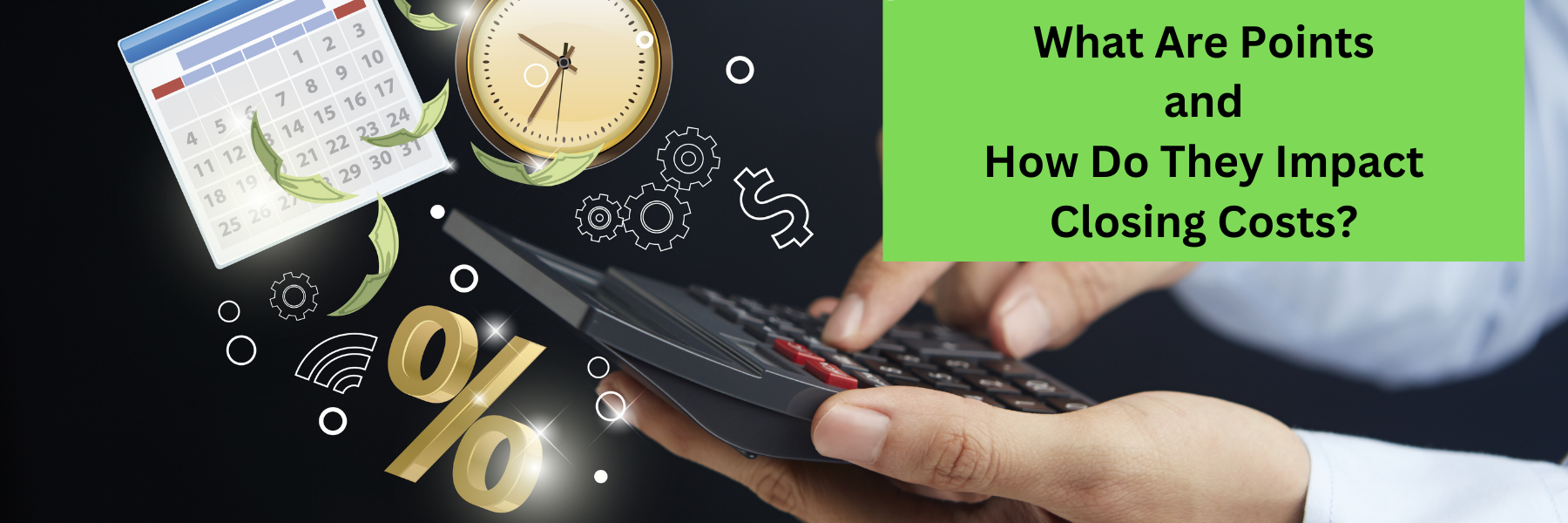What Are Points and How Do They Impact Closing Costs?
As a real estate investor it is important to master the 4 key real estate loan calculations. These 4 key calculations include how to calculate a point, simple interest, loan to ARV, and loan to value. Today we are going to focus on points and discover how they can impact your closing costs. Let’s start by taking a closer look at what points are.
What is a point?
When a lender says that they are going to charge you 1 or 2 points, what exactly does that mean? A point in the lender world means percent. Therefore, 2 points for example equals 2%. To clarify, it’s 2% of your loan amount, as opposed to 2% of your purchase price. This percentage is the amount that you are paying in the origination to the lender and it is included in your closing costs. The closing costs will also include down payment, appraisal, just to name a few. Let’s jump into an example to see how to calculate point.
For example:
Loan for $150,000
They will charge you 2%
Origination fee = $3,000
$150,000 x .02 = $3,000
You need to understand how to calculate a point because it will impact your closing cost and your overall cost of doing business.
In conclusion
Whether you’re a new investor or an old pro, you need to master the 4 key real estate loan calculations. As an investor, these are the things that you are going to come across when you are working with lenders. By focusing on how to calculate point today, you are now able to determine the origination fee quickly and easily. To learn how to master the 3 remaining key real estate loan calculations, please visit our website.
If you have any other questions or need a run through to show how things work, please contact us today!
Watch our most recent video to Master These 4 Key Real Estate Loan Calculations.

